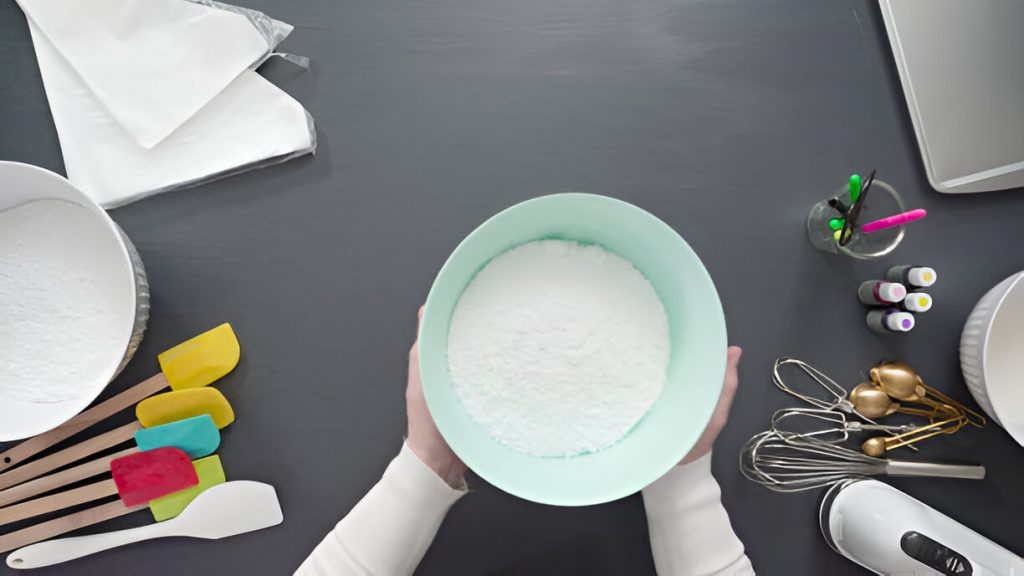When it comes to drinking coffee, its various health benefits are often overlooked. After all, it is a delicious beverage, that gives you a boost to start your morning off the right way, isn’t that enough? It sure is a great way to begin your day, but what if you discovered that coffee can help reduce your risk for type 2 diabetes? Surely, it would become a daily inclusion in your beverage consumption, right? Let’s take a look at how coffee can help possibly prevent type 2 diabetes development.
Type 2 diabetes is at epidemic levels in the United States because of high carb diets filled with processed foods and unhealthy sugars filled with junk. This has caused staggering obesity rates, with 1/3 of US adults being obese.
How Can Coffee Prevent Type 2 Diabetes?
Coffee may reduce the risk of developing type 2 diabetes in several different ways. What is paradoxically strange, however, is the fact that coffee may temporarily raise your blood sugar levels, even though overall it reduces diabetes risk factors.
One explanation for this strange phenomenon is the fact that caffeine raises adrenaline levels, which among other effects leads to increased blood sugar levels. Regardless, there are likely reasons why coffee may reduce diabetes risk.
Coffee Raises Adiponectin
Adiponectin is a protein found in the blood that helps to signal and regulate our blood sugar when levels are high and act to regulate it. However, in diabetic individuals, adiponectin levels are lower than normal, resulting in higher blood sugar values.
However, there is a positive to this, as findings published in the Journal of clinical and diagnostic research (Bhakta et al.) found that people who consumed coffee had higher levels of adiponectin, as well as lower fasting blood sugar values and HbA1c, a protein indicative of blood sugar control over a long period of time.
Coffee Can Help Preserve Liver Function And Prevent Fatty Liver Disease
Fatty liver is usually associated with alcoholics, but can also occur in overweight individuals without a history of alcohol abuse. Fatty liver disease is associated with an increased propensity for insulin resistance and the onset of type 2 diabetes.
Combined with the fact that coffee can help speed up metabolism and fat utilization for fuel and energy, fatty liver can be easily overcome with some effort!
Coffee Increases SHBG
Although the immediate relationship between diabetes and SHBG (sex hormone binding globulin) may not be readily apparent, it is interesting to know that insulin and SHBG have an inverse relationship. What this means is that when one increases, the other will decrease. Since coffee increases SHBG, it is able to bring insulin levels down. While this news is hopeful, the one issue that has been discovered is this is not predictable in all populations since this occurs mostly in post-menopausal women, and not in any statistically significant segment of male subjects.
Decaffeinated Coffee Is An Attractive Alternative
As outlined, the caffeine content found in coffee can cause spikes in blood glucose levels, although it does not occur in everyone. However, if you are particularly sensitive, it may be a better option to consume decaffeinated varieties, as these contain little to no caffeine and would not result in the undesirable surge in blood sugar levels. Yet, many of the benefits of reducing type 2 diabetes risk still exist.
Conclusion
A review of studies conducted between the periods of 2001-2011 and published in Current Diabetes Review-Journal, which encompassed 13 studies. The conclusions drawn across the board were that coffee drinkers had a lower risk of developing type 2 diabetes. The amount of coffee one needs to drink in order to observe measurable benefit was shown to be a minimum of 4 cups per day, while those that consumed 2 or less daily did not observe significant benefits.
The results are clear- regular coffee consumption is good for reducing your risk of type 2 diabetes.




